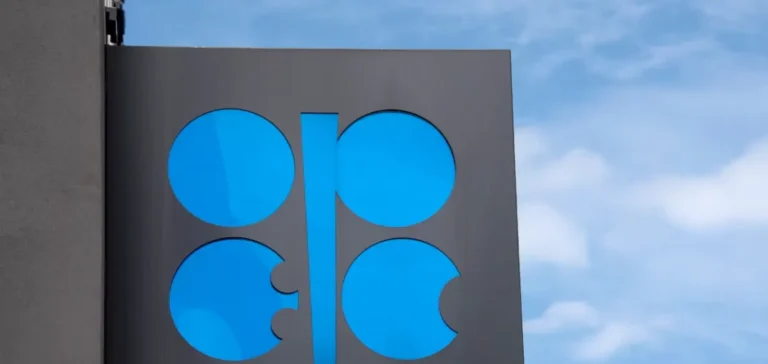The Organization of the Petroleum Exporting Countries and its allies (Opec+) have announced an increase in production of 137,000 barrels per day in November, marking a more cautious rise than expected. The decision followed an online meeting between the eight participating countries, including Saudi Arabia, Russia and the United Arab Emirates, against a backdrop of persistent volatility in oil markets.
A contained increase to calm the market
The adjustment adopted remains below speculation that suggested a 500,000 barrel per day increase. This move reflects the group’s intention to balance price stability with the recovery of market share in the face of growing competition from non-member producers. According to analysts, the decision was driven by market tensions, amplified by uncertainties surrounding global demand.
Since April, the eight member states involved in the agreement have collectively added more than 2.5 million barrels per day to their production. This strategy contrasts with Opec+’s earlier policy of reducing output to support crude prices.
Dynamic supply amid limited demand
The International Energy Agency (IEA) notes that global supply, led notably by the United States, Brazil, Canada, Guyana and Argentina, is approaching historic highs. This trend contrasts with a relatively stable global demand. The IEA anticipates modest growth of 700,000 barrels per day in both 2025 and 2026, while Opec projects stronger growth of 1.3 million in 2025 and 1.4 million in 2026.
Brent crude, the international benchmark, was trading below $65 on Friday, down 8% in one week, affected by rumours of a more aggressive production increase from Opec+.
A manageable move for Moscow
Russia, currently producing around 9.25 million barrels per day, sees this limited increase as still manageable. A steeper rise could have compromised its ability to keep pace and weakened Opec+ cohesion. Its maximum capacity is now estimated at 9.45 million barrels per day, compared with 10 million before the war in Ukraine.
Ukrainian strikes on Russian refineries have also led to a rise in crude oil exports, which can no longer be processed domestically. This development increases Russia’s reliance on foreign markets to sell its output and sustain revenues.






















